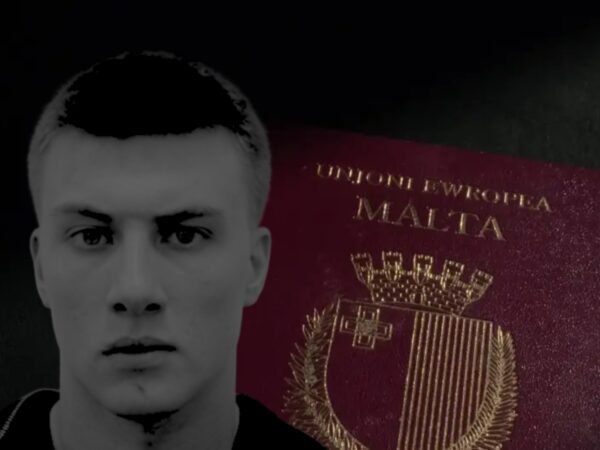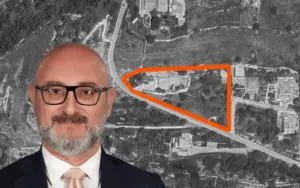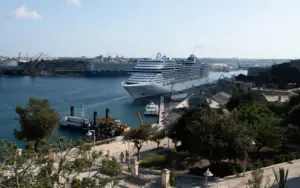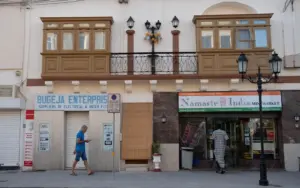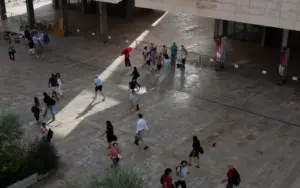Currently viewing:Investigations
-
Russian Man On UK’s ‘Most Wanted’ List Holds Maltese ‘Golden Passport’
-
Farmers Wait, Government Agencies and Big Operators Win: Malta’s EU CAP Funding Misses Its Target
-
Swieqi’s Summer of Overtourism
-
From Sicily to the Dolomites: How Minister Roderick Galdes Built An Italian Property Portfolio While In Office
-
The 20-Day Flip: Fortina Sold Public Land For €40 Million Weeks After Paying €8 Million To Lift All Restrictions
-
Turkish Authorities Open Laundering Probe Into Two Firms Owned By Founder Of Maltese Payment Provider
-
Russian Money Launderer Semen Kuksov Loses Maltese Citizenship
-
Cruise Ships Plugged in Grand Harbour Onshore Power Supply Only 9% of Time in First Year
-
Landscape of Change:The Numbers Behind Population And Migration In Malta’s Towns
-
Malta’s Tax Revenues Rise, But Poor Investment Leaves Citizens And Migrants Struggling Alike
